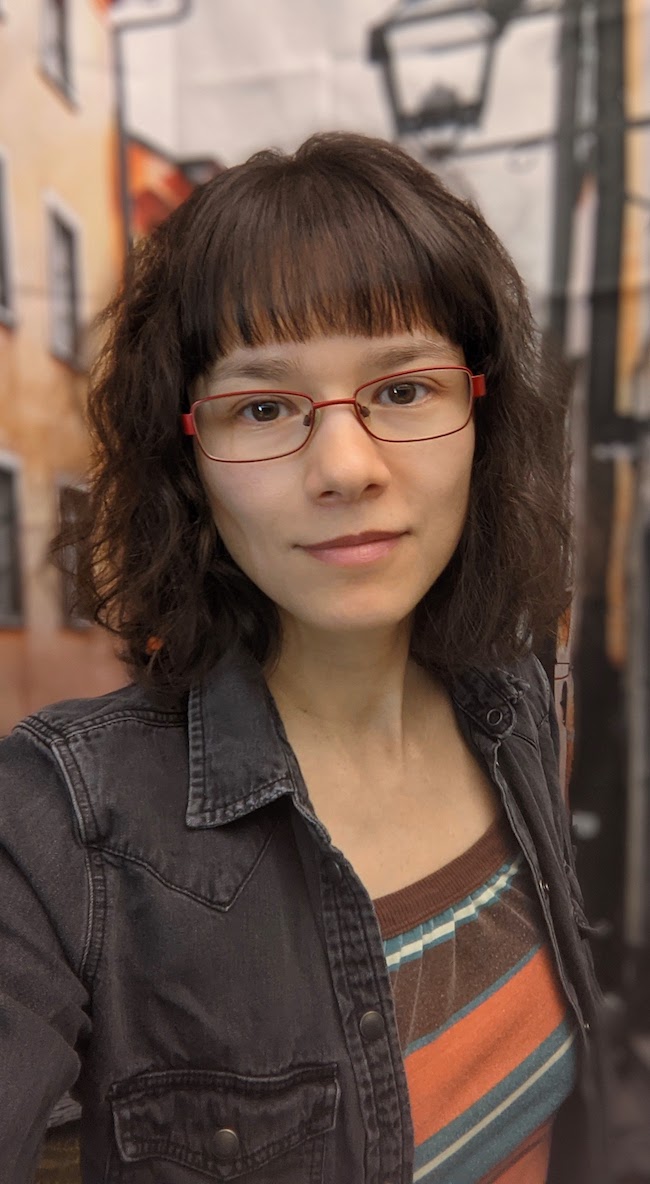
Rika Antonova
Rika Antonova began her CIFellowship in January 2021 after receiving her PhD from KTH Royal Institute of Technology in Stockholm in December 2020. Antonova is at Stanford University working with Jeannette Bohg, Assistant Professor of Robotics at Stanford.
Current Project
Machine learning is transforming robotics: we can now solve high-dimensional problems that have been intractable before, if given large amounts of data and ample training time. However, to go beyond structured factory settings, it is important for robots to adapt to changes in the environment/task without lengthy re-training and data collection. A related problem is closing the simulation-to-reality gap: adapting to the real world after training in simulation. My goal is to develop algorithms for learning transferable representations that enable quick adaptation. These can be embedded into active learning methods to seek experiences that gain the most relevant information during adaptation. Previously, we showed how to make Bayesian optimization (BO) algorithm ultra-data efficient by learning simulation-informed kernels. This helped us close the sim-to-real gap with only 10-20 trials for locomotion, task-oriented grasping and manipulation with rigid objects. The challenge for my fellowship project is to tackle highly deformable objects. Here, topological representations can offer a significant advantage. The key is to train models that offer fast inference, and can encode both topological and geometric information, thus making the representations useful for various manipulation tasks. My longer-term plan is to explore several other directions that can improve adaptability. For example, learning a diverse set of latent relations on a source environment/task that can help shape the latent space when learning on target environments/tasks.
Impact
Robots helping with our everyday tasks is a vision that has been around for a long time. This project aims to bring us closer to making this vision become reality. It is acutely important now, since the world population is aging rapidly – more and more people need help with physical tasks. We need robots that are able to quickly adapt to new tasks and environments. We also need to ensure that robots can handle highly deformable objects that are ubiquitous in our everyday lives (clothing, food, wires, etc). This project would yield approaches that allow fast adaptation and would be applicable to learning succinct representations and adaptable controllers/policies for handling deformable objects.
Other Research
Overall, I am interested in algorithms that allow autonomous agents to actively decide how to acquire data for learning and adaptation. Reinforcement learning (RL) is a promising branch of approaches suitable for training in simulation, where data is abundant. I am interested in embedding prior knowledge from robotics to improve data efficiency of RL (for learning from real data or for adapting to reality after training in simulation).
I am also interested in the general direction of combining local and global optimization. For example: how local optimization for learning differentiable models and simulators could be improved by global search to explore various regions of the parameter space. My website (https://contactrika.github.io) lists a few examples of my current and past work.









